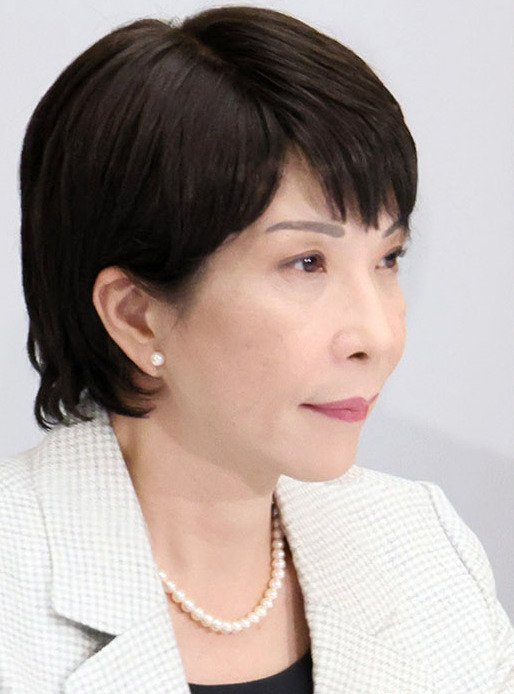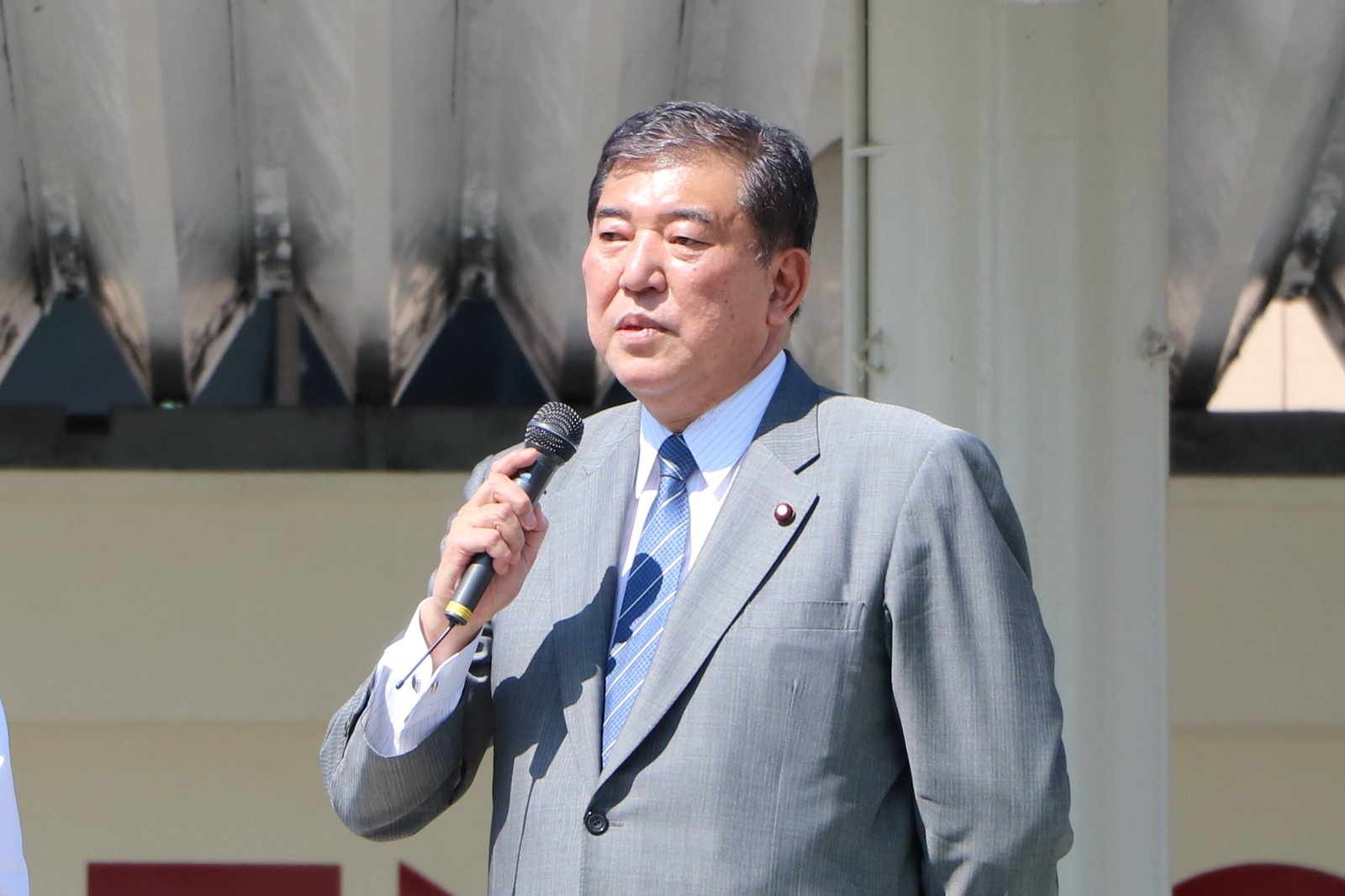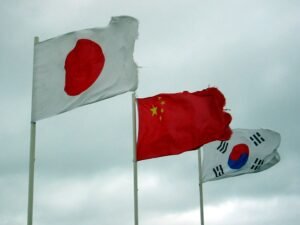Motegi Joins Race for Japan’s Ruling Party Leadership

- Toshimitsu Motegi, secretary-general of Japan’s ruling party, has announced his candidacy for the party’s leadership.
- Motegi’s vision includes creating a stable government and ensuring economic growth without tax hikes.
- He also addressed the political funding scandal, pledging transparency and reform within the party.
- The leadership race will not only shape the future of the party but also Japan’s stance on global issues.
In a significant development in Japanese politics, Toshimitsu Motegi, the second-in-command in Japan’s ruling party, has announced his candidacy for the party’s leadership. The election, scheduled for late September, will determine the successor to Prime Minister Fumio Kishida. Motegi’s announcement makes him the fifth candidate to enter the race, marking a pivotal moment in the country’s political landscape.
Motegi, 68, currently serves as the secretary-general of the Liberal Democratic Party (LDP) and leads one of its influential intraparty groups. He has been a key supporter of Kishida, although their relationship is believed to have cooled following a political funds scandal that rocked the party last year. Despite this, Motegi remains committed to his political ambitions and the future of the LDP.
During a press conference, Motegi outlined his vision for Japan’s future, pledging to create a stable government capable of addressing changes both domestically and internationally. He emphasized his commitment to producing results, stating, If no results can be seen in three years, I will take responsibility as leader.
Motegi’s Economic Strategy and Political Reform
Motegi’s economic strategy includes a promise of no tax hikes by further fostering economic growth. He also pledged to declare an official end to the deflation that has plagued Japan for years within six months of his potential election. These promises reflect his commitment to economic stability and growth, a key concern for many Japanese citizens.
In addition to his economic pledges, Motegi addressed the political funding scandal that has affected the LDP. He committed to ensuring transparency in how the party obtains and spends funds and to creating a completely new party. This commitment to transparency and reform is likely a response to the urgent need for the LDP to regain public trust following the scandal.
Motegi’s candidacy comes amidst a crowded field. Other candidates include Chief Cabinet Secretary Yoshimasa Hayashi, Digital Minister Taro Kono, former Environment Minister Shinjiro Koizumi, former Defense Minister Shigeru Ishiba, former economic security minister Takayuki Kobayashi, and Sanae Takaichi, who is expected to announce her bid soon. Each candidate brings a unique perspective and set of policies to the table, reflecting the diverse interests and concerns within the LDP.
Implications for Japan’s International Relations
The leadership race is significant not only for the future of the LDP but also for Japan’s international relations. Motegi, a Harvard-educated former McKinsey consultant, has held key government posts, including foreign and industry minister. He played a central role in negotiating a trade deal with the United States during Donald Trump’s presidency, demonstrating his diplomatic skills and understanding of international trade dynamics.
The outcome of the leadership race will shape Japan’s stance on global issues and its alliances. With candidates pledging different policies, such as economic strategies, defense spending, and responses to regional security threats from China and North Korea, the election’s outcome will have far-reaching implications.
This leadership race can be seen in the context of historical political transitions in Japan and other democracies. For instance, the 2001 power-sharing deal in the US Senate following a 50-50 partisan split offers a parallel to the current situation in the LDP. The deal, which sought to attain an equal balance of the two parties’ interests, could serve as a model for the LDP as it navigates its leadership transition amidst diverse interests and factions.
In conclusion, the upcoming LDP leadership race represents a critical juncture in Japanese politics. With multiple candidates, including Toshimitsu Motegi, vying for the party’s leadership, the election’s outcome will shape the future of the LDP, Japan’s domestic policies, and its international relations. As the candidates outline their visions for Japan’s future, the country awaits a leadership transition that could bring significant changes to its political landscape.













Post Comment